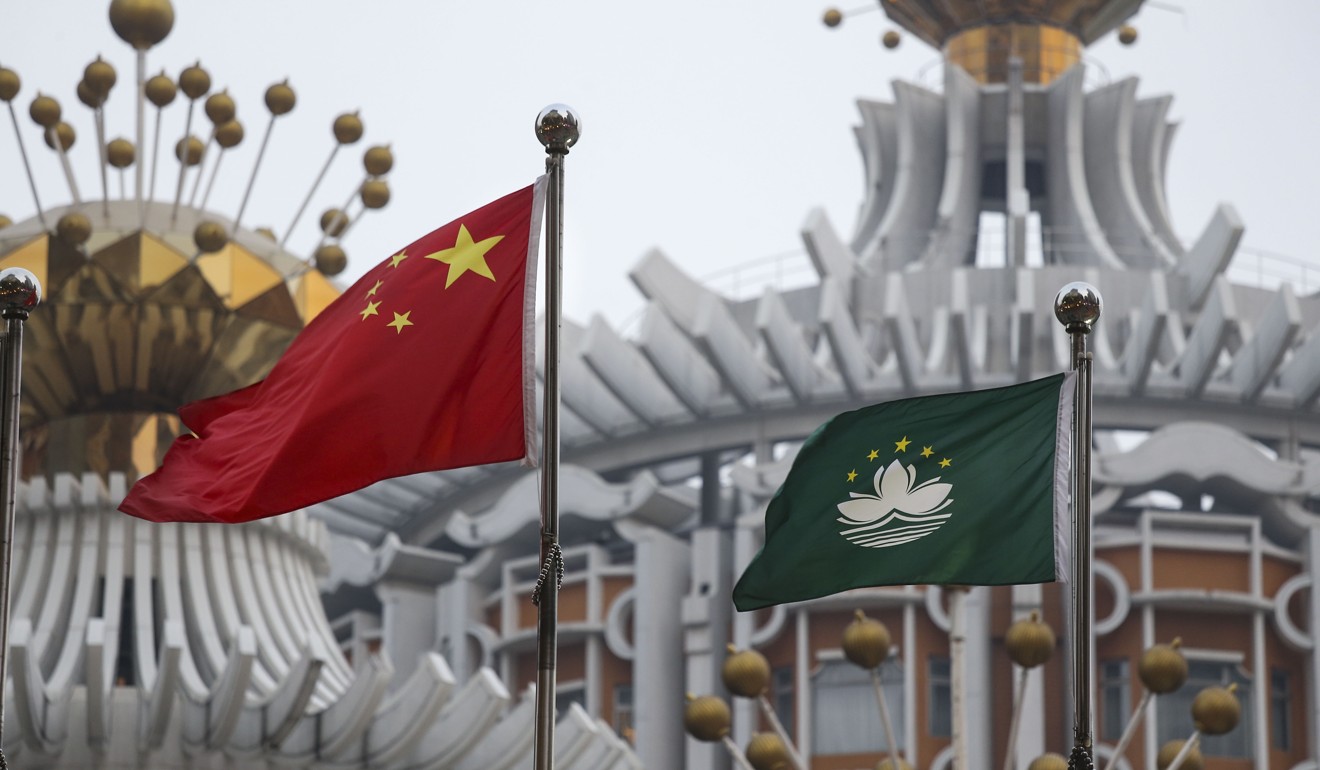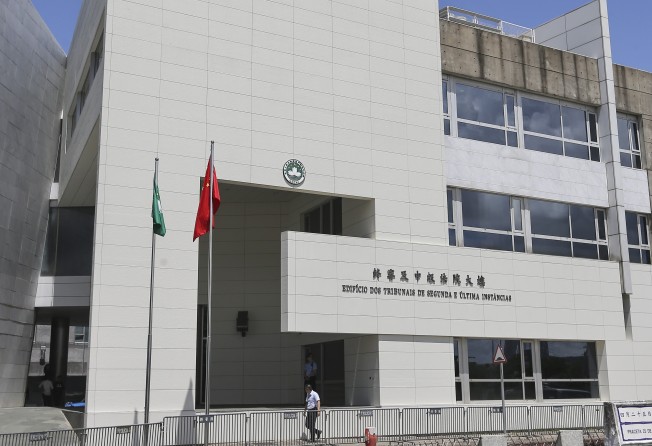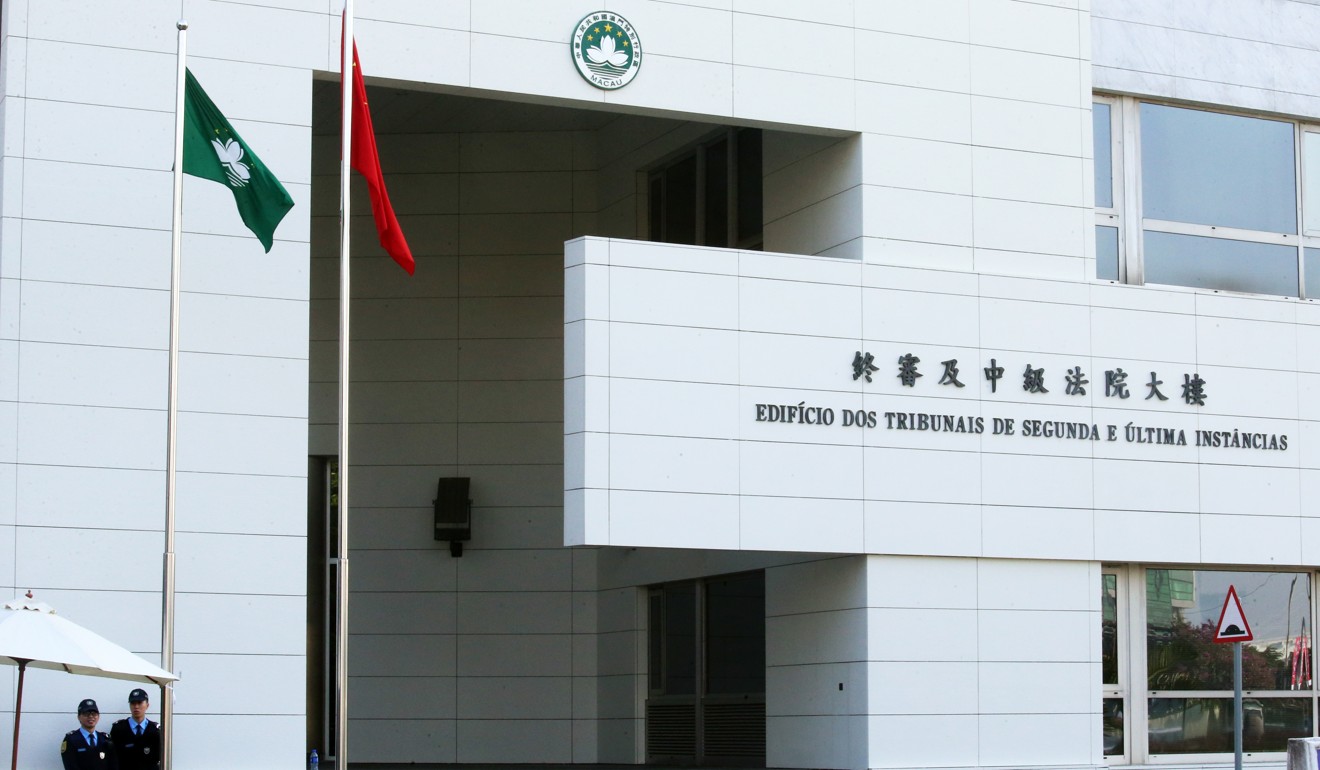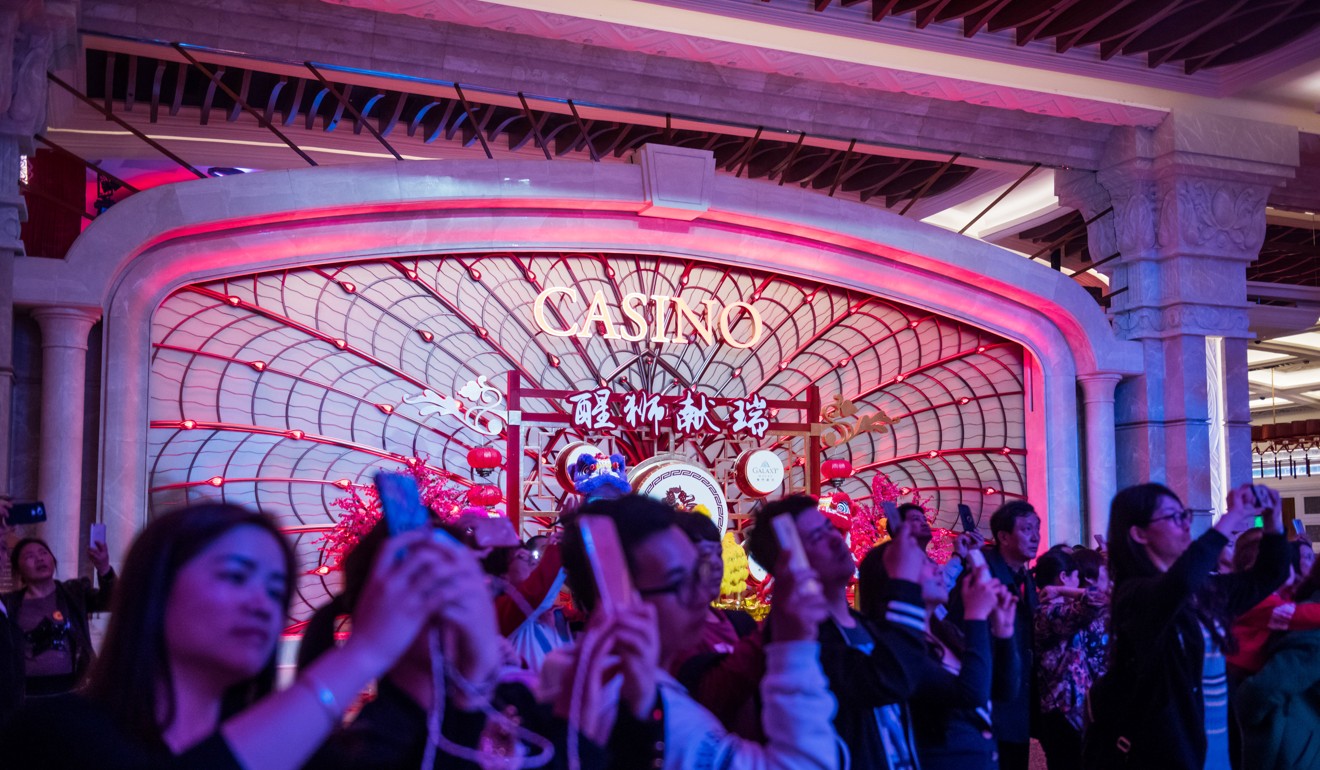
Macau proposal to ban foreign judges on some cases would ‘dent confidence’ in Hong Kong, says legal expert
Legal sources say the plan to bar non-Chinese judges from cases involving national security issues could come before lawmakers for discussion as early as next month

Confidence in the Hong Kong judicial system would suffer and it would send a “very wrong message” if a controversial plan to bar non-Chinese judges in Macau from presiding at court hearings involving national security issues goes ahead, a respected legal expert has warned.
The move to amend a law which came into force when Macau returned to Chinese sovereignty in 1999 has been criticised by prominent legal scholar Simon Young as a worrying development that would “dent confidence” in Hong Kong’s judicial system.
Senior officials in the former Portuguese enclave are poised to put the proposal before lawmakers as early as next month, according to legal sources in the casino hub.

The move has already faced criticism from senior legal professionals in Macau who described it as “unconstitutional’’ and stoked fresh concerns about the future of Hong Kong’s foreign judges after two of their small but significant cadre were subjected to vicious verbal attacks over rulings they made in high-profile cases.
Professor Young, who is associate dean (research) at the University of Hong Kong’s faculty of law, said it was unclear why Macau was taking the step at this time and warned: “This is a worrying development. Perhaps the real reason is a fallacious belief that Chinese judges will be more patriotic and more likely rule in a way that protects national security.
“But I’m not aware of any rational or empirical basis to support such a belief. In Hong Kong, when foreign judges are appointed to the Court of Final Appeal they are first and foremost a “Hong Kong judge”, not a foreign judge.”
The academic also said any move to “interfere’’ with the chief justice’s (or any other court leader’s) discretion to empanel the most suitable judges to hear cases “could amount to an interference with the exercise of independent judicial power and violate Article 83 of the Macau Basic Law and, if it happened in Hong Kong, Article 85 of the Hong Kong Basic Law.”
Young added: “Any move towards excluding foreign judges from hearing cases, which they would otherwise be entitled to hear, may lead people to think that their government does not trust foreign judges.
“This would be a very wrong message to send and dent confidence in one of the most successful aspects of the Hong Kong and Macau’s judiciaries since their respective handovers.”
At the beginning of the month, Macau’s Secretary for Administration and Justice Sonia Chan Hoi-fan confirmed that the government would propose an amendment to the casino hub’s Judicial Organisation Framework Law which would mean that cases involving national security should only be tried by local judges holding Chinese nationality.
Chan insisted there was no intention to question the professional qualifications of foreign judges and the aim was to make the operations of the judiciary smoother and speed up trial proceedings.
The news triggered an immediate response from the president of the Macau Lawyers’ Association, Jorge Neto Valente, who described the move as a “bad solution” which violated the city’s de facto constitution, the Macau Basic Law.
Valente told the media in Macau that while Article 87 of the Basic Law provides for specialised courts, it does not mention the possibility of special courts or a body of special judges for any particular type of crime. Article 87 stipulates that “judges shall be chosen on the basis of their professional qualifications. Qualified judges of foreign nationality may also be employed.”
“In obedience to the principles of transparency of justice, independence and impartiality of the judiciary, it is a bad solution to create a special body of judges for the trial of a specific type of crime,” Valente told a Portuguese-language radio station in the city.

The chairman of the Hong Kong Bar Association, Philip Dykes, did not wish to get drawn into the matter.
“This is not something that the Bar Association feels that it can comment on at this stage. At the moment it is a proposal, if it becomes a reality, then we may have to reconsider,” he said.
Macau’s legal system stems from its colonial Portuguese past and largely follows the continental model which is significantly different from the common law followed in Hong Kong.
Last month the Hong Kong Bar Association voiced serious concerns over what it described as “insulting, racist or xenophobic words and actions” directed at Indian-born Principal Magistrate Bina Chainrai who jailed a retired senior police officer for three months for attacking a bystander during the 2014 Occupy protests.
That incident followed similar attacks on District Court Judge David Dufton, who was called a “yellow dog judge” by supporters of seven police officers jailed a year ago for their involvement in the assault of another Occupy protester. The colour yellow came to be associated with the Occupy movement.
However, fears that the Macau proposal could signal a similar direction of travel for the Hong Kong judiciary were “overblown” due to big differences in the legal and political systems of the two SARs, according to academic and veteran Macau watcher Sonny Lo Shui-hing.
Lo said the fact that the Hong Kong legal community is so vocal and entrenched in the wider political life of the city meant such a move happening in the bigger SAR was “highly unlikely” in the foreseeable future.

“If this amendment is implemented in Macau, the impact on Hong Kong would be neither immediate nor in the medium term because Hong Kong and Macau are very different places,” the political commentator said.
“Hong Kong has a far more assertive and much more vigilant civil society than Macau. The complexion of its judiciary is also much more international than that of Macau. Any attempt to ‘Macau-onize’ Hong Kong’s judiciary would very likely trigger an extremely high degree of political turmoil and could well be counterproductive.”
The academic, who has produced studies and written books on the status of Macau and its place in the wider geopolitical thinking of Beijing, also suggested the move could be linked to the city’s huge casino industry and the battle China is waging to stem a massive flow of illicit funds out of the country, a major historical conduit of which has been Macau where the big US gaming operators are major players.
“China considers the outflow of capital from its economy as a genuine threat to the wider national security,” Lo said. “The American geopolitical ‘encirclement’ of mainland China, including its casinos, has made national security a top priority in the thinking of Beijing officials dealing with capital outflow and national security. In a sense the shadow of the cold war can be seen in Macau and perhaps this is in the thinking of the local Macau government.”